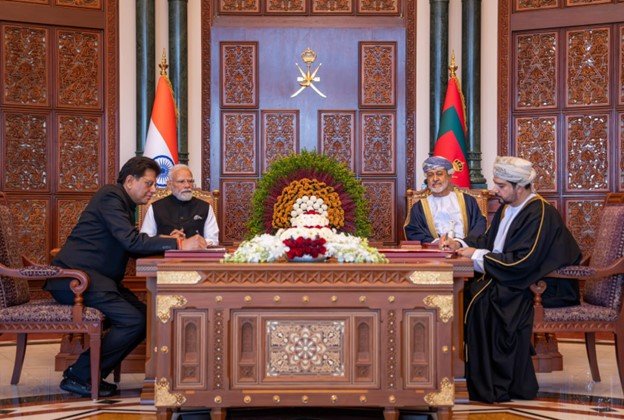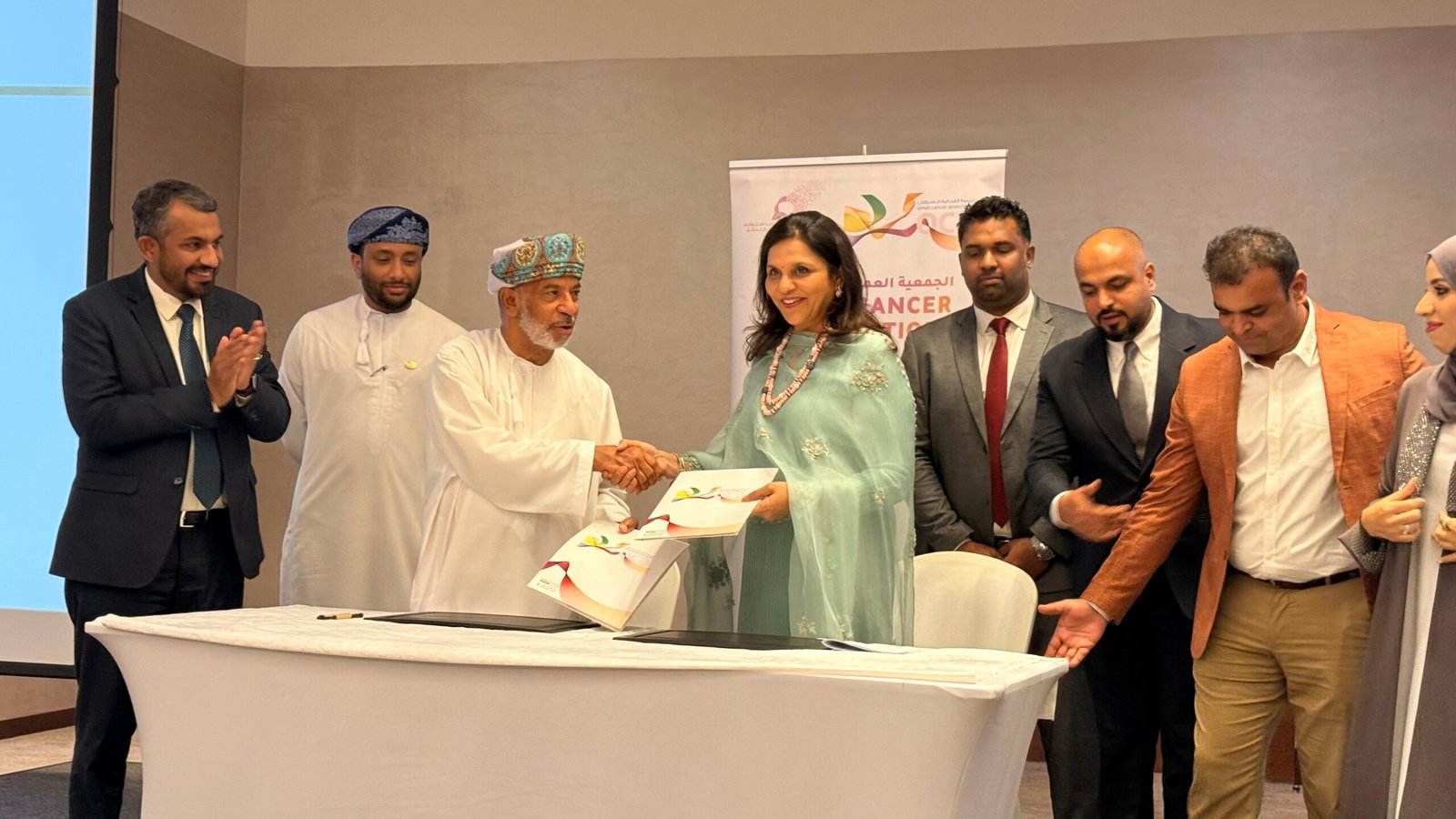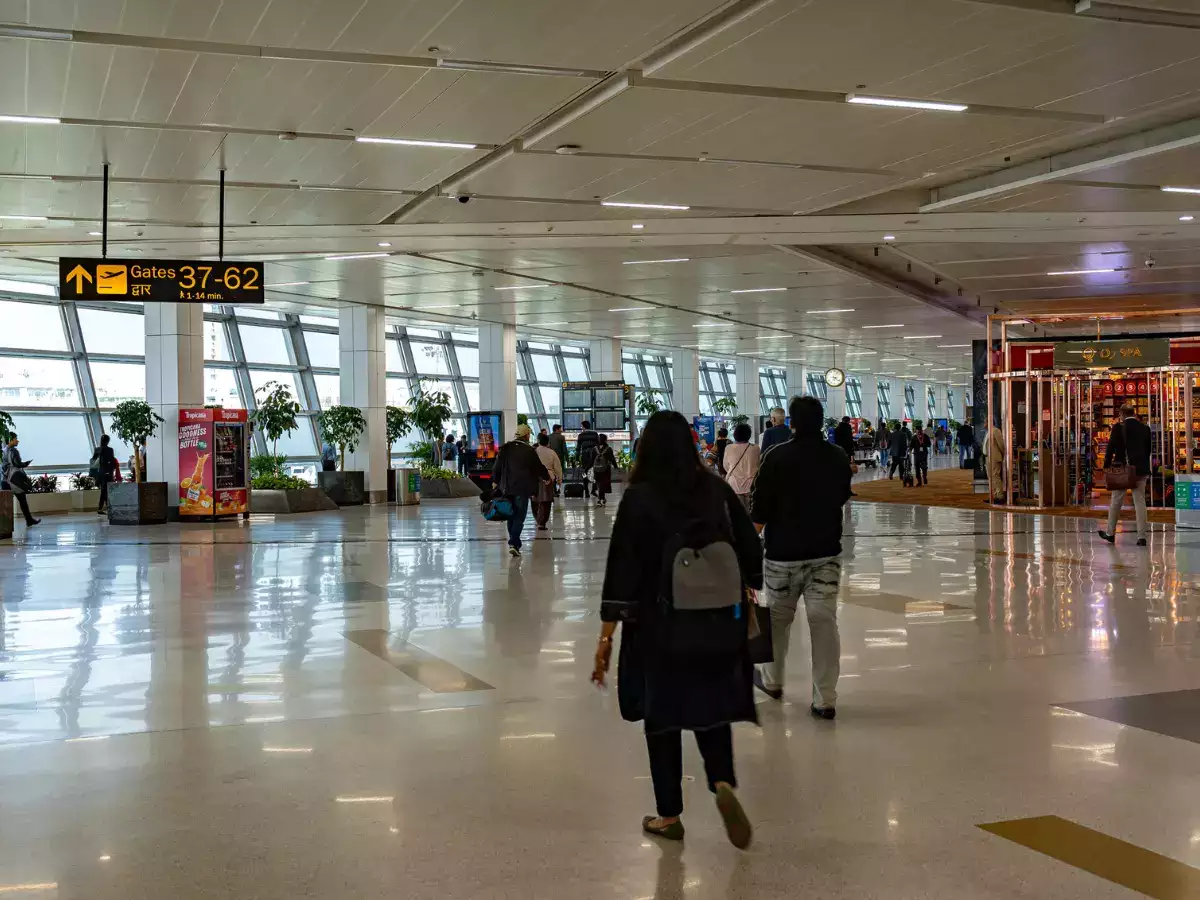Over the last couple of years, these NRIs have been looking to acquire property in upcoming smart towns like Ahmedabad, Goa, Chandigarh, Panchkula, and Kochi
Non-resident Indian (NRIs) from the Gulf Cooperation Council (GCC) have been keen to invest in metro cities such as Delhi-NCR, Gurgaon, Mumbai, and Chennai. However, over the last couple of years, these NRIs have been looking to acquire property in upcoming smart towns like Ahmedabad, Goa, Chandigarh, Panchkula, and Kochi.
Shashank Vashishtha, Executive Director, eXp India points out in an article in the Financial Express, that despite the pandemic response, currency depreciation, and rising global inflation, India’s real estate market was slowly returning to pre-pandemic levels. NRI investors have used the weakening rupee against the US dollar, the Dirham, and other major currencies as an opportunity to buy homes and earn high returns by investing in Indian real estate. Despite the pandemic and its aftermath, NRI investment in Indian real estate increased by more than $13.4 billion (6.4 percent) in FY21 compared to FY20. Many factors have contributed to this increase in investment.
One driving force in this growth has been the success in developing highly interactive virtual tours and digital layout inspections via internet-driven technologies. In addition, the budget for 2022-2023 included highly favourable incentives for NRI investment, which is a significant factor. For instance, the maximum surcharge on both short-term and long-term capital gains has been reduced from 37% to 15%.
An impressive 41 percent of such large volumes of investment have come from NRIs in GCC nations, particularly the UAE, writes Vashishtha. The number of inquiries from NRIs in the GCC about higher-priced homes has been on the growth path. A growing number of people are investing in order to have a place to live if they decide to retire to India. In India’s first quarter, property sales reached a new high not seen since 2015. As a result of these encouraging trends, an increasing number of NRIs from the Gulf countries are interested in making high-risk investments in both metro and non-metro cities.
-
Investment in Indian real estate is particularly appealing to NRIs in the Gulf Cooperation Council (GCC) countries today because the country’s economy appears to be more robust and stable than that of its western or even Asian competitors
-
As a result, expatriates from the Gulf understand that they can view their luxury homes in India as an investment that can also generate rental income.
NRI investors from the GCC have long seen great potential in India’s real estate market. Purchasing real estate in India is now more accessible for NRIs earning abroad and many are eager to take advantage of the high returns as a result of the depreciation of the Indian rupee versus the Dirham (and the US Dollar), resulting in an increase in the volume of queries. Residential real estate is an especially appealing investment due to its greater maturity in terms of coverage across multiple locations in India and adaptability in delivering options for just about any budget.
The trend has created a new market for luxury vacation homes in non-metro and coastal locations, as well as high-rise condominiums in major cities. From the perspective of a non-resident Indian, the opportunity for arbitrage is significant in the current market because property prices are higher while the rupee is currently at a low. This is boosted further by the government’s offer of a number of incentives for NRIs to invest in real estate in India, such as a simplified taxation environment and an indexation benefit for assets owned in India, which encourages NRIs in GCC countries to park their surplus money in India. Reduced mortgage interest rates, digitised processes, and open rules all play important roles in the decision-making process.
NRIs are now more comfortable making large purchases against the backdrop of the real-estate market’s steady recovery. The luxury real estate market is gaining traction and is expected to expand even further in 2024. NRIs have always preferred ultra-luxurious and luxury properties. Since the pandemic, second homes have also dominated NRI preferences.
They want to live in a community where everything is at their fingertips. An NRI customer seeks a reputable real-estate developer as well as a home that corresponds to their status. Furthermore, some NRIs in GCC countries simply want to return home after being exposed to the pandemic.
NRIs in the Gulf Cooperation Council (GCC) are becoming more optimistic about the Indian market, which has outperformed competitors in many countries, including developed ones. NRIs all over the Gulf are concerned about their families’ health and safety, and they have an innate love for their motherland.
This explains the recent surge in NRI investments in super-luxury and luxury homes. In 2022, house prices in major metropolitan areas such as Bangalore, Hyderabad, Mumbai, Delhi-NCR, Chennai, and Pune increased by more than 7%, and this trend is expected to continue in 2023 and 2024.
Investment in Indian real estate is particularly appealing to NRIs in the Gulf Cooperation Council (GCC) countries today because the country’s economy appears to be more robust and stable than that of its western or even Asian competitors. As a result, expatriates from the Gulf understand that they can view their luxury homes in India as an investment that can also generate rental income.
***************************************************************
Readers
These are extraordinary times. All of us have to rely on high-impact, trustworthy journalism. And this is especially true of the Indian Diaspora. Members of the Indian community overseas cannot be fed with inaccurate news.
Pravasi Samwad is a venture that has no shareholders. It is the result of an impassioned initiative of a handful of Indian journalists spread around the world. We have taken the small step forward with the pledge to provide news with accuracy, free from political and commercial influence. Our aim is to keep you, our readers, informed about developments at ‘home’ and across the world that affect you.
Please help us to keep our journalism independent and free.
In these difficult times, to run a news website requires finances. While every contribution, big or small, will makes a difference, we request our readers to put us in touch with advertisers worldwide. It will be a great help.
For more information: pravasisamwad00@gmail.com








